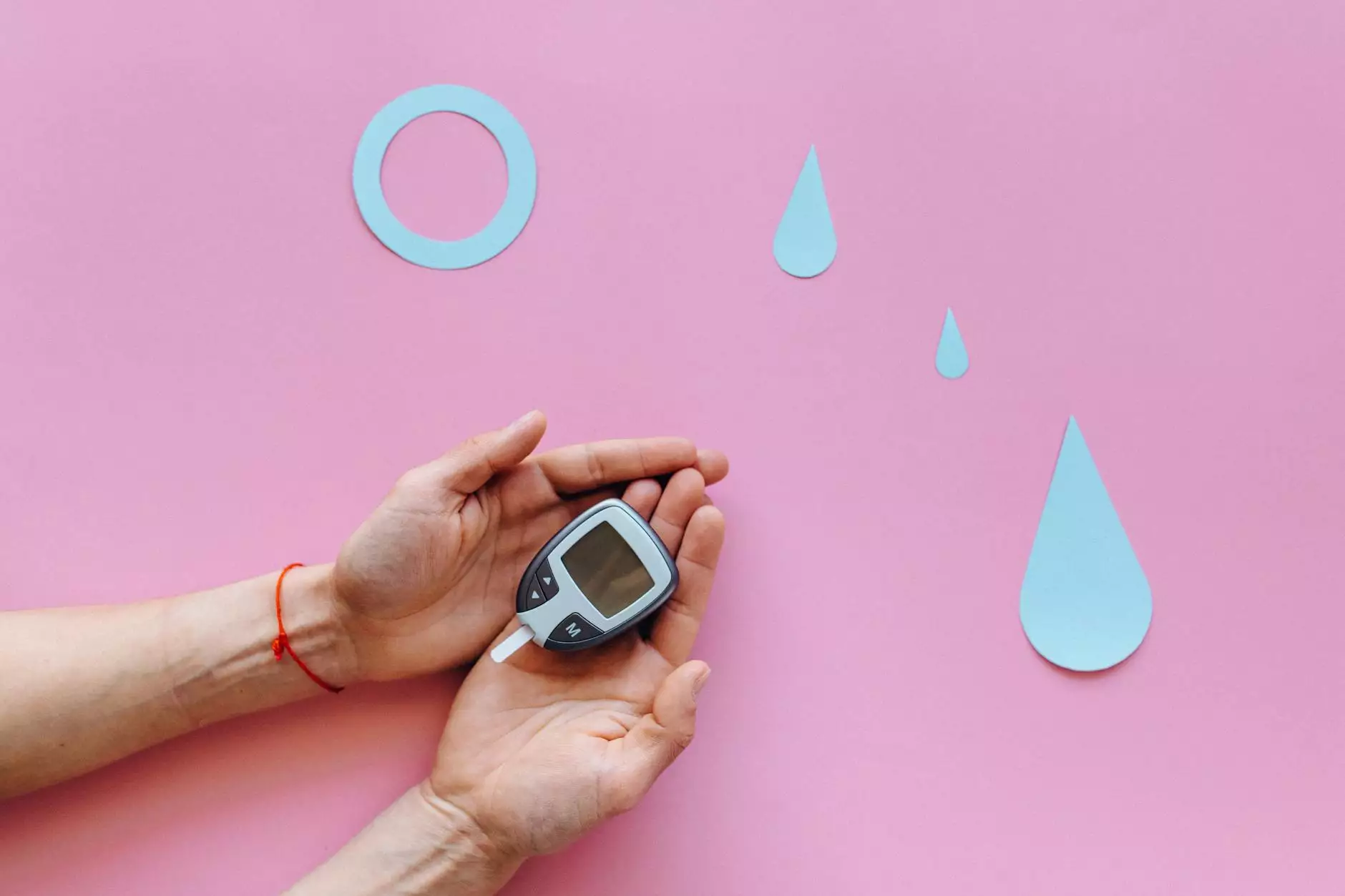Understanding the Importance of Prostate Blood Checks

Prostate health is a crucial aspect of men’s overall well-being, and regular screening plays an essential role in early detection and management of prostate-related issues. One of the most vital tests for assessing prostate health is the prostate blood check. This article delves into the types of tests available, their significance, how they are conducted, and the implications of the results.
The Basics of Prostate Blood Checks
The primary purpose of a prostate blood check is to measure levels of prostate-specific antigen (PSA) in the blood. PSA is a protein produced by both normal and malignant cells of the prostate gland. Elevated levels of PSA might indicate the presence of prostate cancer or other prostate conditions, but the test alone cannot diagnose cancer definitively.
Types of Prostate Blood Checks
There are various tests related to prostate screening. The following are the most common:
- PSA Test: This is the most commonly performed prostate blood test, measuring the concentration of PSA in the blood.
- Free PSA Test: This test distinguishes between free PSA (not bound to proteins) and total PSA, helping to evaluate the risk of prostate cancer.
- Complexed PSA Test: This measures the total PSA bound to proteins and can provide additional information regarding prostate cancer risk.
- PSA Velocity and Density: These calculations assess how quickly PSA levels change over time and consider prostate size, offering further insight into prostate condition.
Who Should Get a Prostate Blood Check?
Men should consider undergoing a prostate blood check if they fall into any of the following categories:
- Men aged 50 and above.
- Men aged 40 and above with a family history of prostate cancer.
- Men experiencing symptoms such as difficulty urinating, frequent urination, or blood in urine.
- Men looking for peace of mind regarding their prostate health.
Benefits of Regular Prostate Blood Checks
Understanding the advantages of undergoing regular prostate blood checks can significantly impact your health. Here are some benefits:
- Early Detection: Higher chances of detecting prostate issues or cancer at an early stage, which can lead to more effective treatment options.
- Peace of Mind: Regular screenings can alleviate fears regarding prostate health.
- Informed Decisions: Knowledge of PSA levels helps you and your healthcare provider to make informed choices regarding surveillance or treatment.
- Monitoring Progress: For men already diagnosed with prostate issues, regular blood checks are essential for monitoring changes and effectiveness of treatment plans.
The Procedure of a Prostate Blood Check
The procedure for a prostate blood check is straightforward and typically involves the following steps:
- Consultation: Discuss your medical history and any symptoms with your healthcare provider.
- Sample Collection: A healthcare professional will draw a small amount of blood usually from your arm.
- Laboratory Analysis: The blood sample is sent to a laboratory where it is examined for PSA levels.
- Results Interpretation: Your healthcare provider will discuss the results, any necessary further testing, and implications for your health.
Understanding the Results
Results from a prostate blood check can vary. Generally, normal PSA levels are considered to be:
- Below 4 ng/mL: Typically considered normal.
- Between 4-10 ng/mL: This range indicates a borderline case, necessitating further evaluation.
- Above 10 ng/mL: Often suggests a higher likelihood of prostate cancer, warranting immediate further investigation.
Limitations of the Prostate Blood Check
It is essential to understand that while a prostate blood check is a valuable tool, it is not foolproof:
- False Positives: Elevated PSA levels do not always indicate cancer, as conditions such as prostatitis or benign prostatic hyperplasia (BPH) may cause elevated levels.
- False Negatives: Conversely, some cancers may not produce elevated PSA levels, meaning that a normal result does not entirely rule out malignancy.
- Age Factor: PSA levels can naturally increase with age, making interpretation more complex in older men.
Preparing for Your Prostate Blood Check
To ensure accurate results from your prostate blood check, consider the following preparations:
- Avoid ejaculation for at least 24 hours before the test, as it can affect PSA levels.
- Consult your doctor about any medications or supplements you are taking, as some can influence PSA results.
- Discuss any recent medical procedures, including prostate examinations, as they may also impact PSA results.
Follow-Up After the Prostate Blood Check
After receiving the results of your prostate blood check, it is important to follow up with your healthcare provider to discuss:
- Your PSA levels and what they mean for your health.
- Potential further tests or procedures such as a biopsy if PSA levels are concerning.
- Possible lifestyle changes, treatment options, or monitoring strategies based on your overall health and risk factors.
Additional Prostate Health Tips
Beyond regular prostate blood checks, men should adopt these practices for maintaining prostate health:
- Healthy Diet: Incorporate fruits, vegetables, healthy fats, and whole grains in your diet.
- Regular Exercise: Engaging in physical activity helps improve overall health and can reduce the risk of prostate issues.
- Avoid Smoking: Smoking cessation is crucial for maintaining prostate and overall health.
- Routine Check-ups: Regular visits to your healthcare provider ensure comprehensive monitoring of your health.
Conclusion
The significance of prostate blood checks cannot be overstated. They are a vital part of men’s health management, enabling early detection of potential issues, informed decision-making, and better health outcomes. If you are a male aged 40 or older, particularly with a family history of prostate issues, consult your healthcare provider to discuss an appropriate schedule for screenings. Remember, proactive health management is the key to a longer, healthier life.
For more information on prostate health and to find a medical center near you, visit HKWWC - Hong Kong Women's Wellness Centre.









